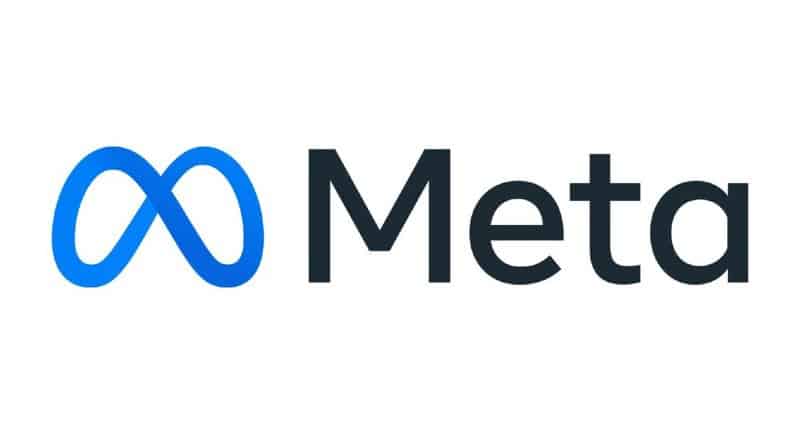Meta has claimed criticism of its recent decision to exit news deals shows a “misunderstanding of how news content works on Facebook”.
In a blog post, the tech giant said that news organisations have benefitted from its “free distribution”.
“Publishers keep 100% of the revenue from traffic and subscriptions derived from outbound links on Facebook. For example, in 2023 we estimate that Facebook Feed sent Australian publishers more than 2.3 billion free clicks — for no charge — driving an estimated (AUD) $115 million worth of value,” the company said.
The company also reacted to accusations of “taking” or “stealing” news content: “We don’t scrape or pull content from publisher websites, unlike other companies. We provide a free service which publishers voluntarily choose to use and can benefit from.”
Meta claimed that interest in news on Facebook and Instagram is declining, and audiences are engaging in different types of content across its family of apps. The company said links to news stories make up less than 3% of content seen on Facebook Feeds.
The tech giant, led by founder, chairman, and CEO Mark Zuckerberg, continued that news was not the reason why people were using platforms like Facebook and Instagram. It pointed to the recent end of news availability in Canada and noted that Canadians are still using Facebook, even without the news tab.
Last year, Canada introduced the Online News Act, which required social media companies to compensate media for content. Meta responded by pulling news from its platforms.
“Just as the number of people around the world using our technologies continues to grow, the number of daily and monthly active users on Facebook in Canada has increased since ending news availability,” Meta said.
Meta said it “hope[s] that the data and evidence we provide serves as useful reference points in this ongoing conversation.”
But Ben Shepherd, the new CEO of Schwartz Media – publisher of The Saturday Paper and The Monthly – pointed out that it’s “impossible to debunk anything when Meta is using data you’re using to build their case that is not sourced or even available to others.”
“Meta is really twisting itself into knots here with its claims trying to both assert it owes no one anything and also that its a humble servant to the news industry,” Shepherd said.
“It says that its users don’t use Meta platforms for news (despite Uni of Canberra research saying in 2023 50% of users regularly did), but then says same users sent 2.3 billion clicks to news sources in Australia in 2023 (which would mean 153 visits for every single Meta user every year).
“It also says the same users (who click on 153 news links on average every year, one every 2 days basically) wouldn’t really mind if it abolished news (which would be an incredible demonstration of power abuse).”
In the weeks since Meta announced its exit from the media deal, worth $70 million, leaders from Australia’s news media publishers have expressed their disappointment at the tech giant’s decision.
Writing for Mediaweek, Seven West Media CEO James Warburton said: “What’s the best way to deal with bullies? Stand up to them. Don’t flinch. Don’t blink. Stare them down.
“The Albanese Government needs to stand up to Meta, designate it and not waiver. Meta will fight back, hard. It will get very messy. But we are a sovereign nation that should not – and will not – be bullied by multinational tech behemoths.:
News Corp Australia executive chairman, Michael Miller, agrees, stating that the move shows “the company’s brazen indifference to regulations and the content creators that feed their platform.”
Miller and Warburton are among the big news businesses lobbying for the government to ‘designate’ Meta, which would force it into arbitration with publishers. However, small, independent outlets like The Daily Aus worry that Meta will respond by removing access to news on its platforms in Australia, just as it has done in Canada.
The Daily Aus co-founder Zara Seidler told Mediaweek that if Meta pulls news content from its platforms, “All we’ll see is moving from trust in brands, to young people looking at influencers or creators to give them news and commentary. That is going to be void of any fact-checking or any kind of evidence-based claims, and I think that it’s a huge issue that needs to be taken seriously.”
Chair of the Digital Publishers Alliance (DPA) Tim Duggan agreed the results would be “devastating”, telling Mediaweek that independent publishers need a seat at the table. This week, the DPA took out full-page ads in mainstream newspapers calling for Meta to think about the fact “Australia needs more diversity in our media, not less.”
“The impact of audiences not being able to read news would be terrible for our functioning democracy, and for publishers who rely on Facebook and Instagram to drive traffic audience and revenue. It would be a huge blow that a lot of small publishers might not be able to recover from.”
